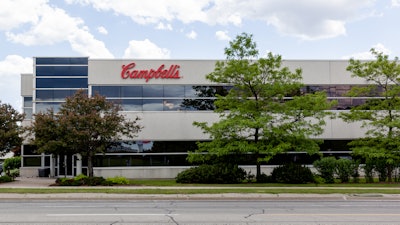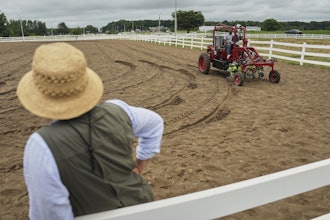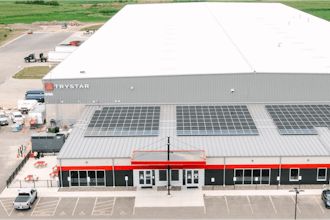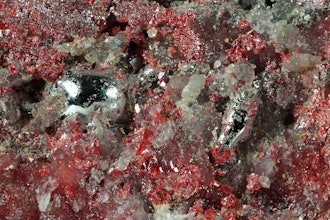
A division of Campbell Soup has admitted to violations of the Clean Water Act in response to court filings from multiple environmental agencies.
A joint lawsuit, filed by the U.S. Environmental Protection Agency, Lake Erie Waterkeeper and Environment Ohio in March 2024, accused Campbell Soup Supply Co. of dumping pollutants from its Napoleon, Ohio, plant into the Maumee River at least 5,400 times between April 2018 and December 2024.
The company allegedly dumped various pollutants into the river, such as ammonia, E. coli bacteria, oil, grease, suspended solids and phosphorus. According to Environment Ohio, phosphorus raised the biggest concern because it feeds toxic algae blooms, which can cause cyanobacteria in drinking water and be harmful to lake-goers.
Although Campbell admitted to the violations, it refuted their negative effects. The company said its facility is allowed point source discharge of phosphorus into the waterway, which it self-reports and is publicly available.
The EPA reported that the plant was a non-major contributor to pollution, but the joint stipulation requires Campbell to agree not to challenge the violations. Furthermore, the company must admit that citizen groups were harmed, which would allow to sue for further enforcement of the Clean Water Act.
The environmental agencies expect a trial next year to determine proper penalties; their goals are expected to include a new requirement to reduce waste emissions, as well as financial penalties.






















